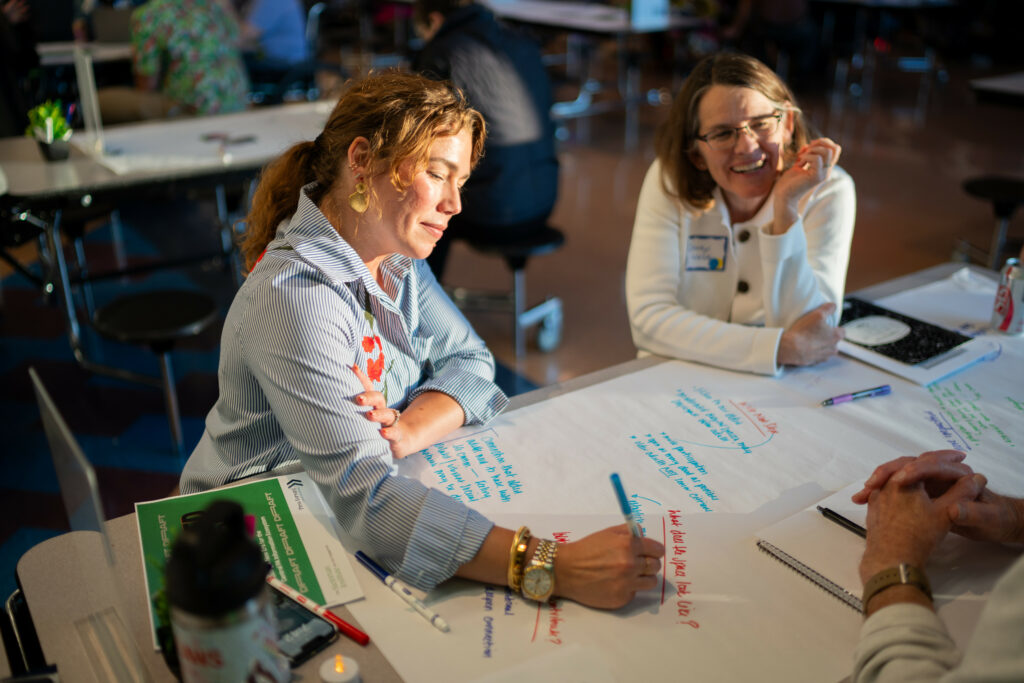
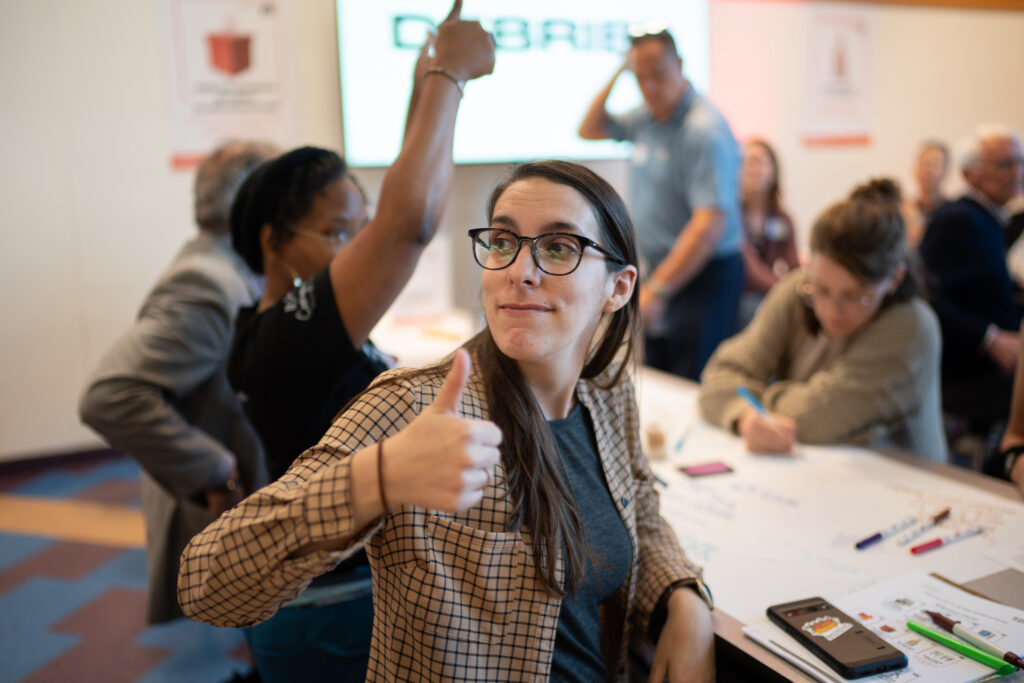
We believe in co-creating the future of information, connection, and action in communities.
About The Steinman Institute
The local news model is broken. But the value it brings isn’t.
The decline of locally-owned news sources coupled with social media and big tech’s broken promise to better connect us has left us isolated, polarized, and with less and less ways to connect locally.
When communities can’t find common understanding, they can’t solve pressing problems. And when people aren’t informed about what’s going on in their area, they become disengaged, lonely, and lose faith in both their community, as well as their fellow community members.
At The Steinman Institute, we believe that communities can thrive if we are able to collectively bridge differences, center solutions, and take action together.
Powered by community feedback and a multi-year gift from The Steinman Foundation, The Steinman Institute is working to seed opportunities for communities to better connect and learn about their neighbors, inspire new ways of creating shared understanding, and building innovative tools for community members to take action together on the things they care about.
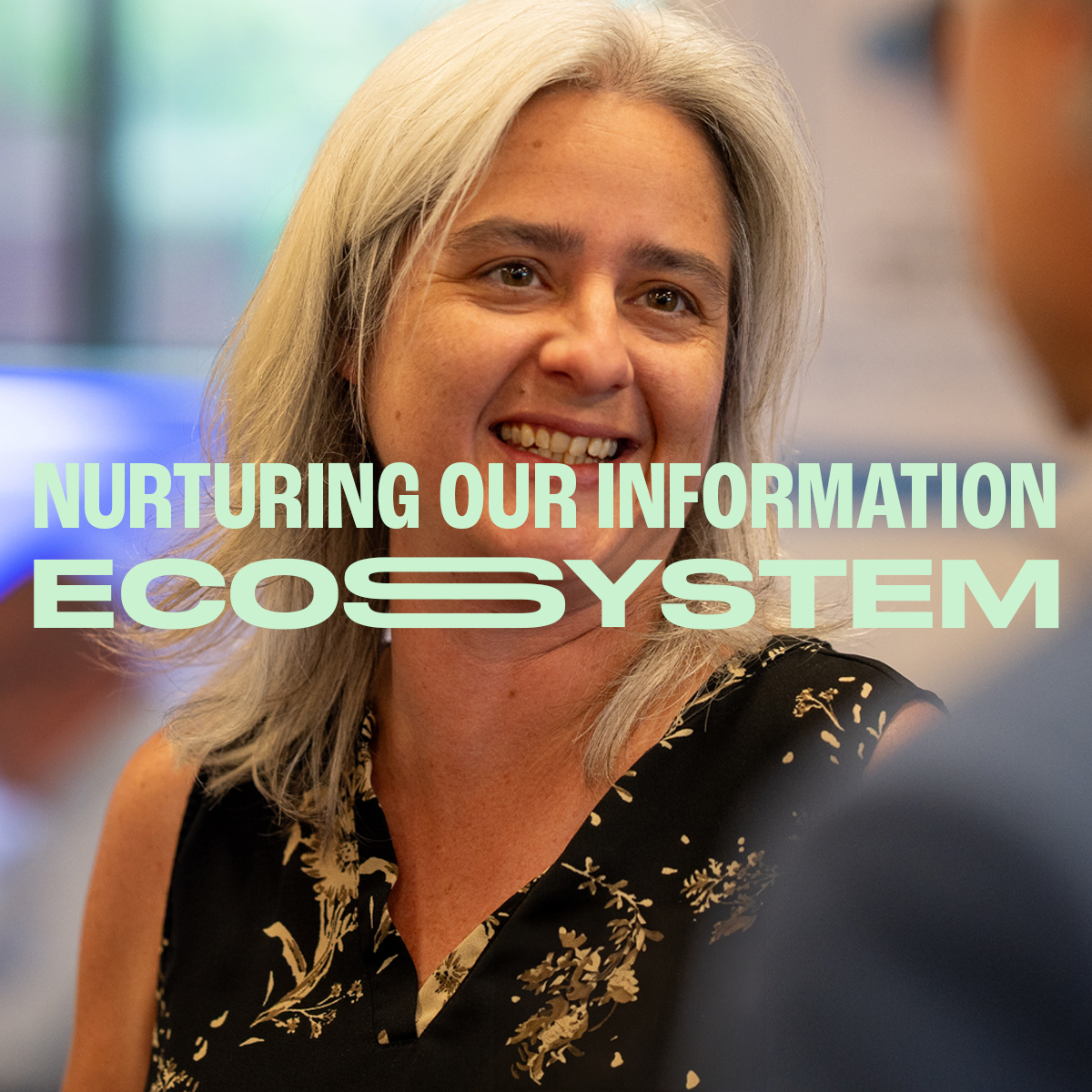
Central PA News Ecosystem
We are dedicated to supporting and growing the news and information ecosystem in the region as lead of Press Forward Central PA
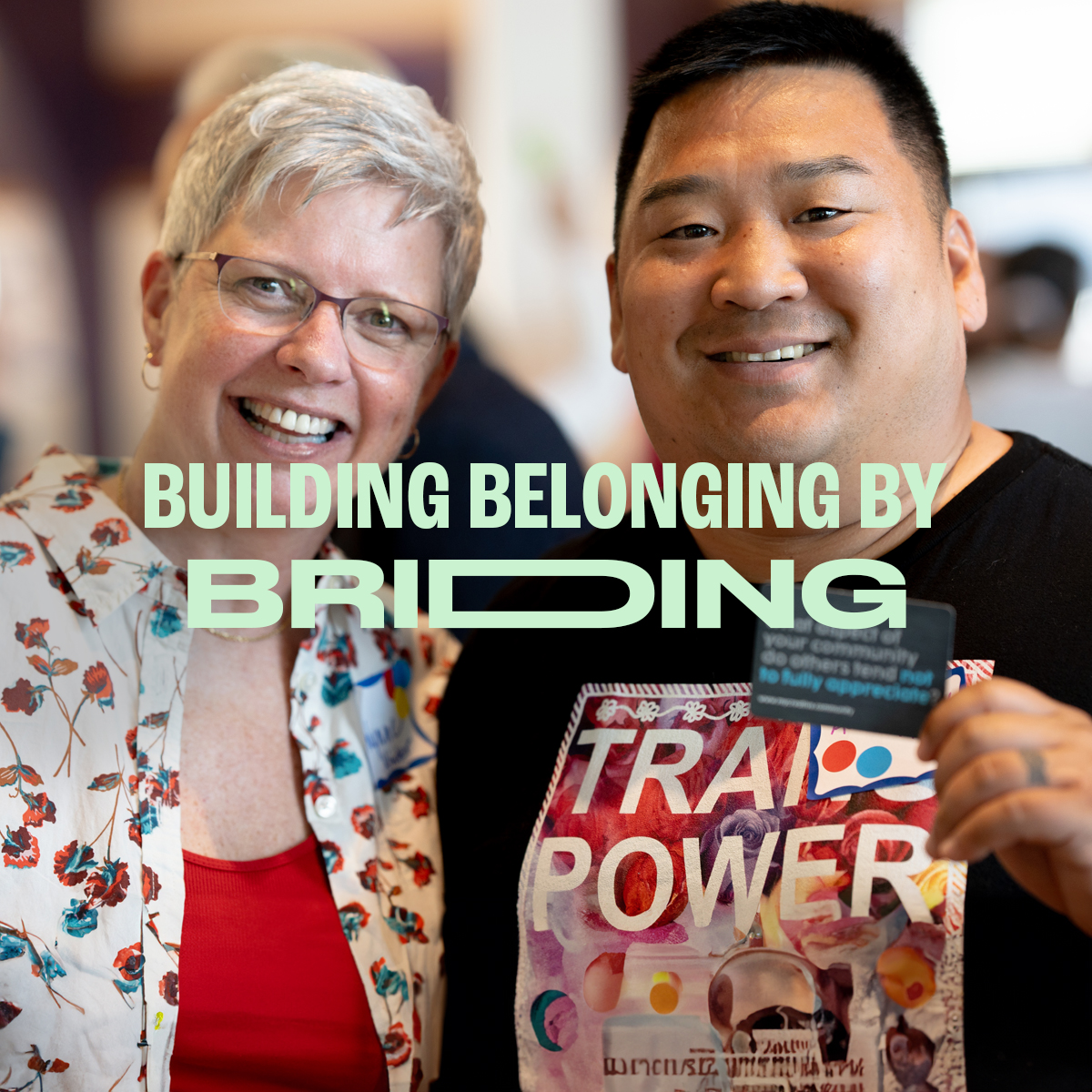
Bridging
We are building experiences that can depolarize, create empathy, and foster community connection.
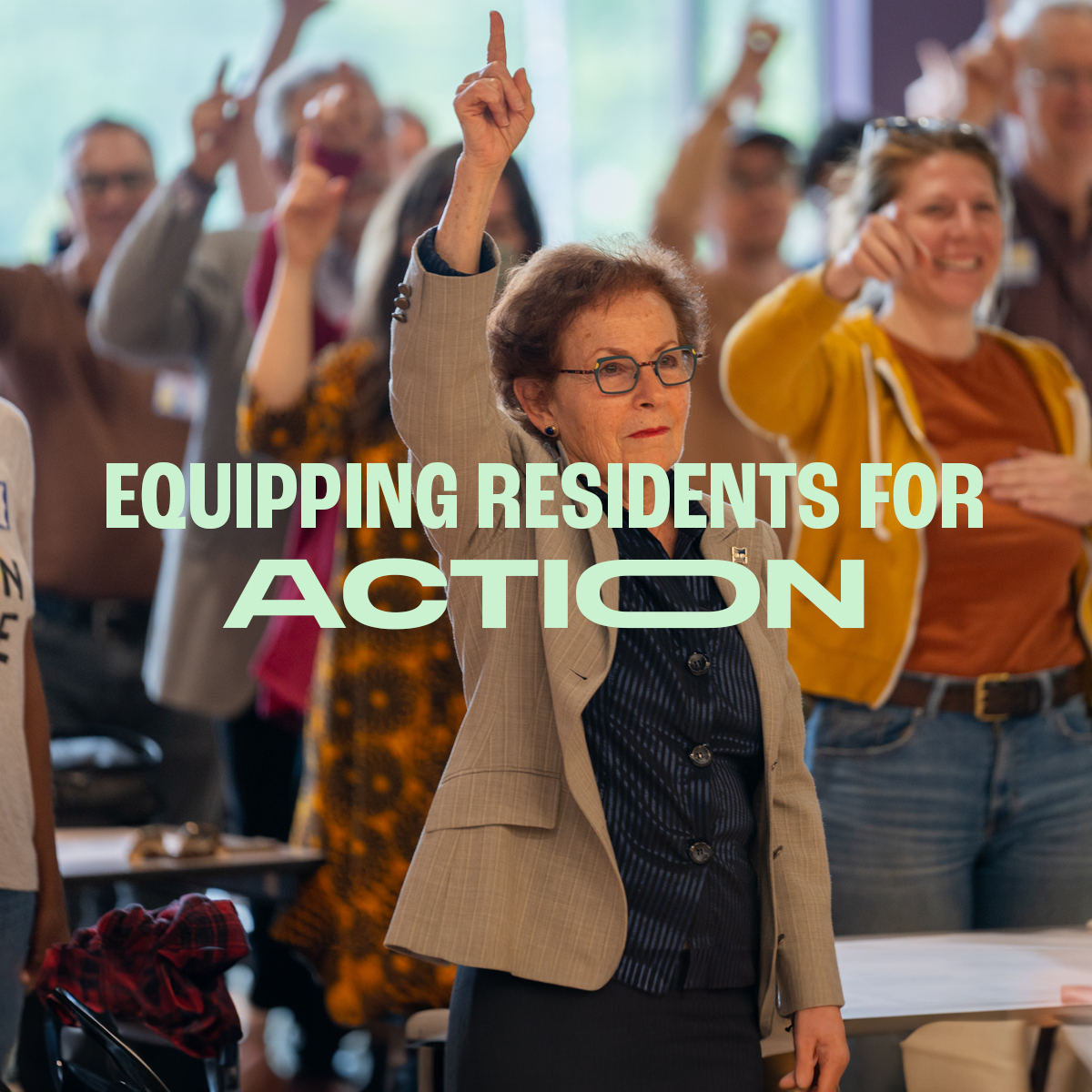
Equipping Action
We are developing new tools to help people not only learn about their community, but take action.
Our tools for co-creating with our community:
The Steinman Institute is focusing its efforts first in the community LNP has called home for nearly 230 years – Lancaster County, as well as the surrounding counties.
Lancaster will be a laboratory for how robust local media plus education and engagement can result in a sustainable news models and improved civic engagement. It will be recording research, innovations and results to inform expansion within Central Pennsylvania and beyond.
Supporting the Central PA News Ecosystem
As lead of Press Forward Central PA, we are committed to convening and supporting established and emerging news and information sources in the Central PA region, including supporting new reporter beats, technology overhauls, launching youth programming focused on media literacy and next-generation content creation.
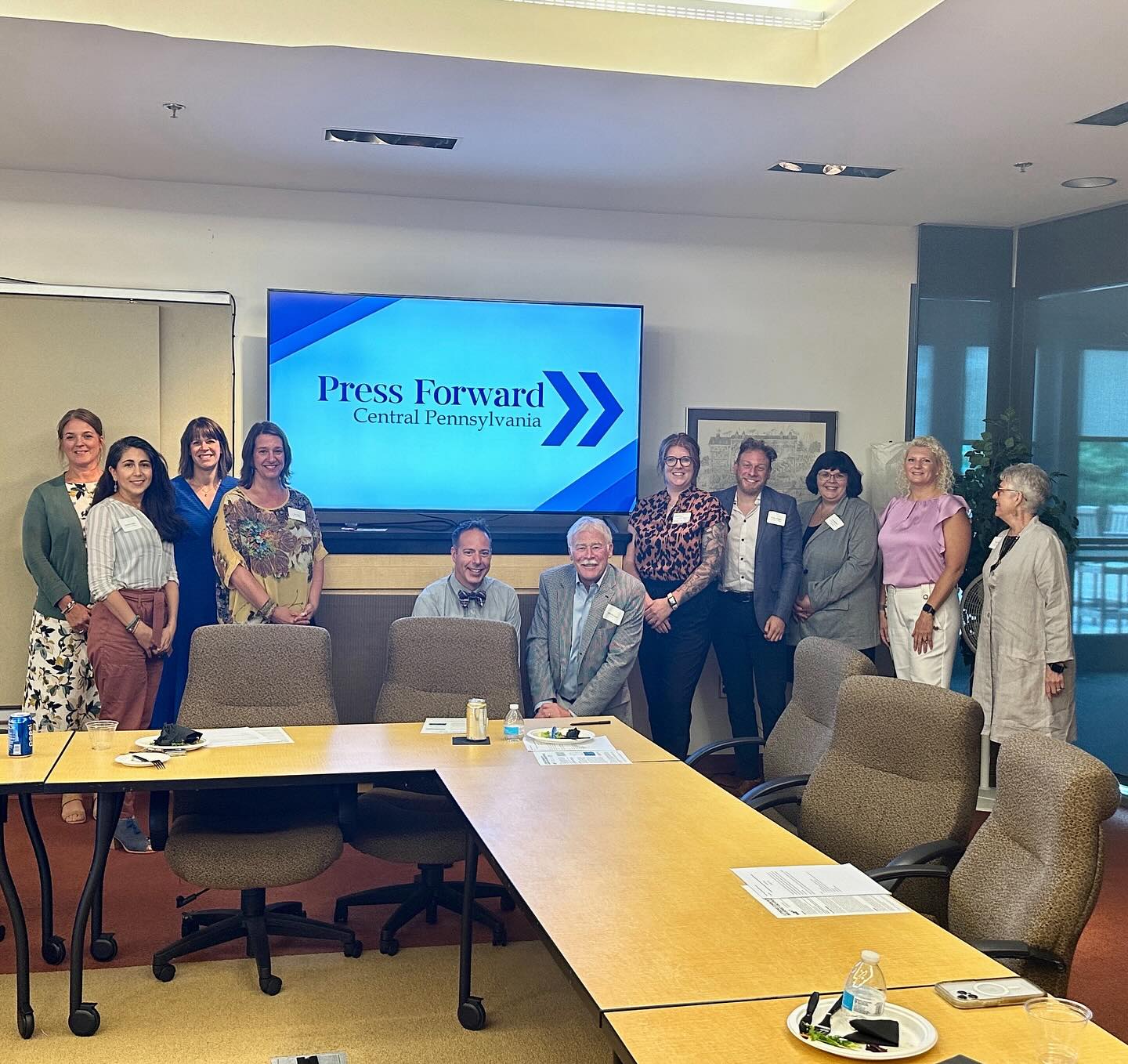
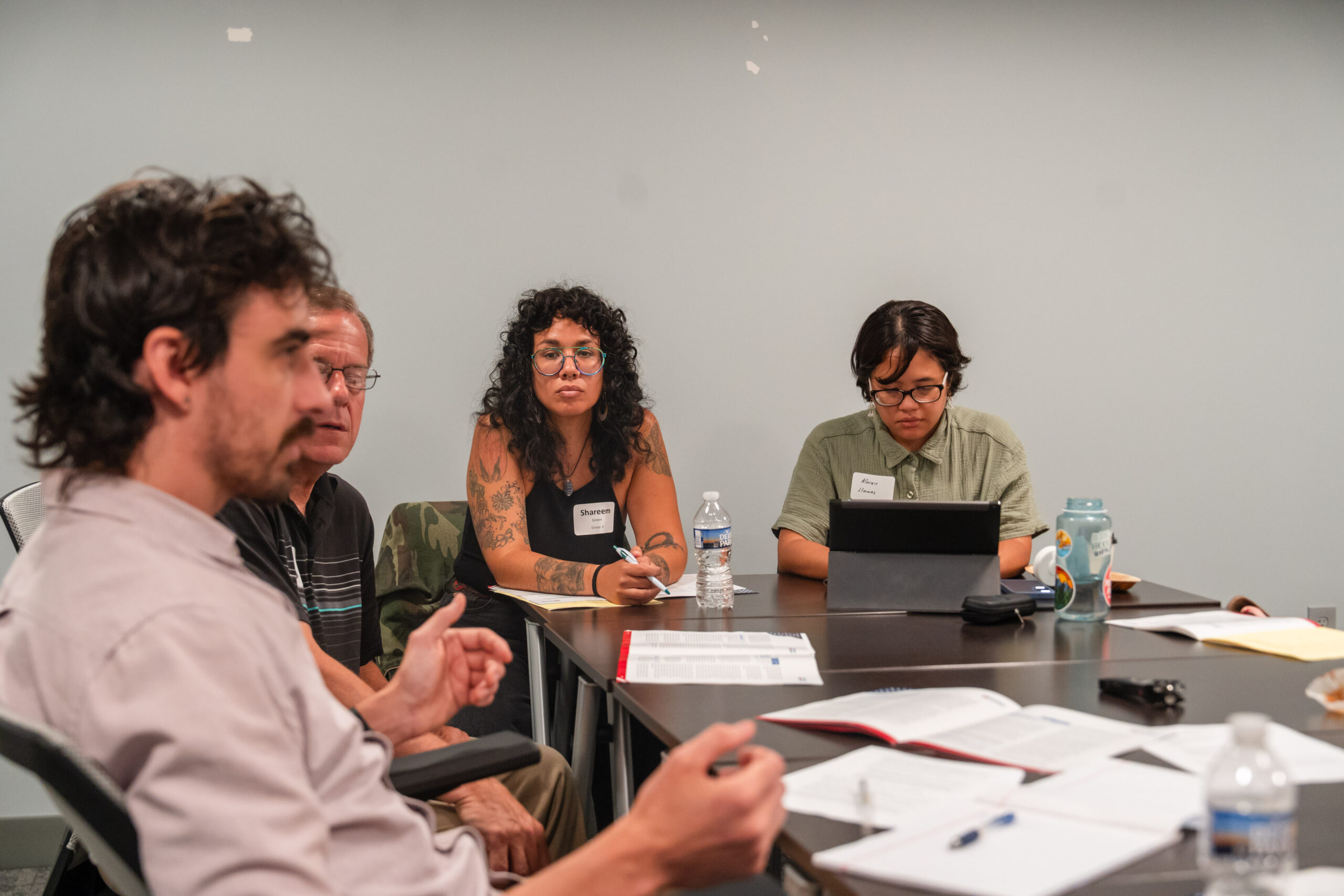
Creating open-source tools for information seeking
The Steinman Institute conducted the region’s first information ecosystem map to learn about the ways our community is getting its news and information to invest in what’s working, and co-create new tools to fill gaps.
Promoting the value of local news
In partnership with Press Forward, The Steinman Institute is working to launch a national awareness campaign focused on the importance of local news and information, and the costs of losing reliable, locally-owned news sources.
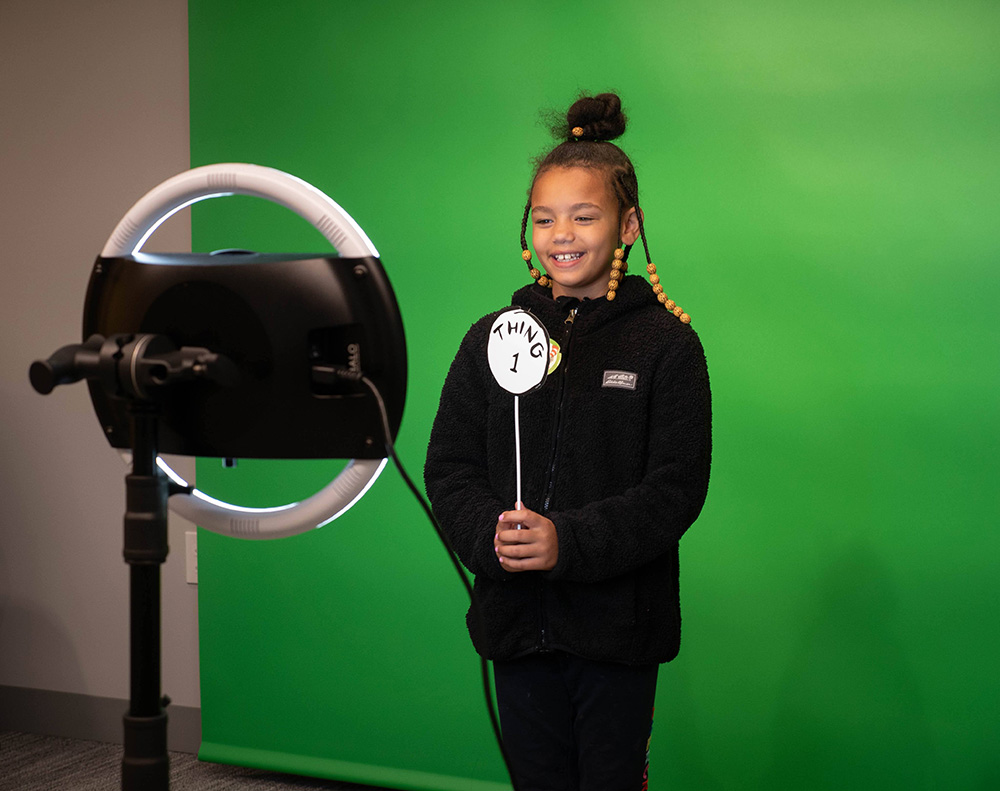
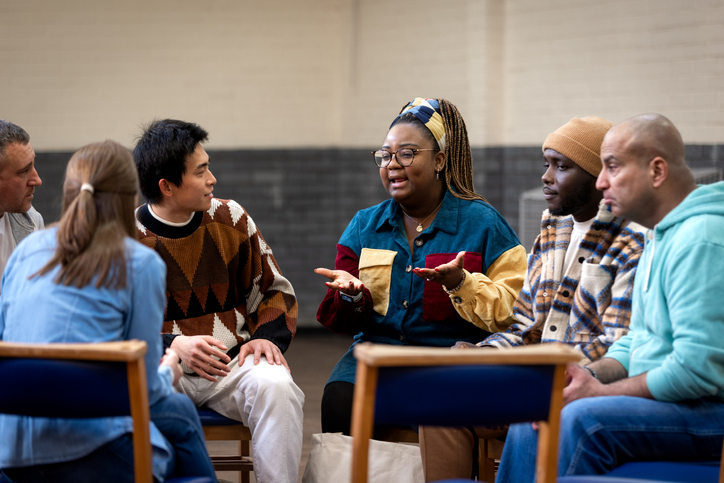
Bridging difference and driving action
Powered by conversation and connection, The Steinman Institute is investing in community engagement that can cut through divisions to focus on local issues, and commonality.
Through our work in Deliberative Democracy/Forums, we are creating connections across differences and working on tools to take action.
About The Steinman Institute
The Steinman Institute is a part of Pennon, a nonprofit organization. Its seed funding is provided through a five-year gift from The Steinman Foundation. The Institute will seek additional support from public donations, corporate partners, institutional funders and contributions from the business community. It is managed by a Board of Managers and an Executive Director.
Board of Managers
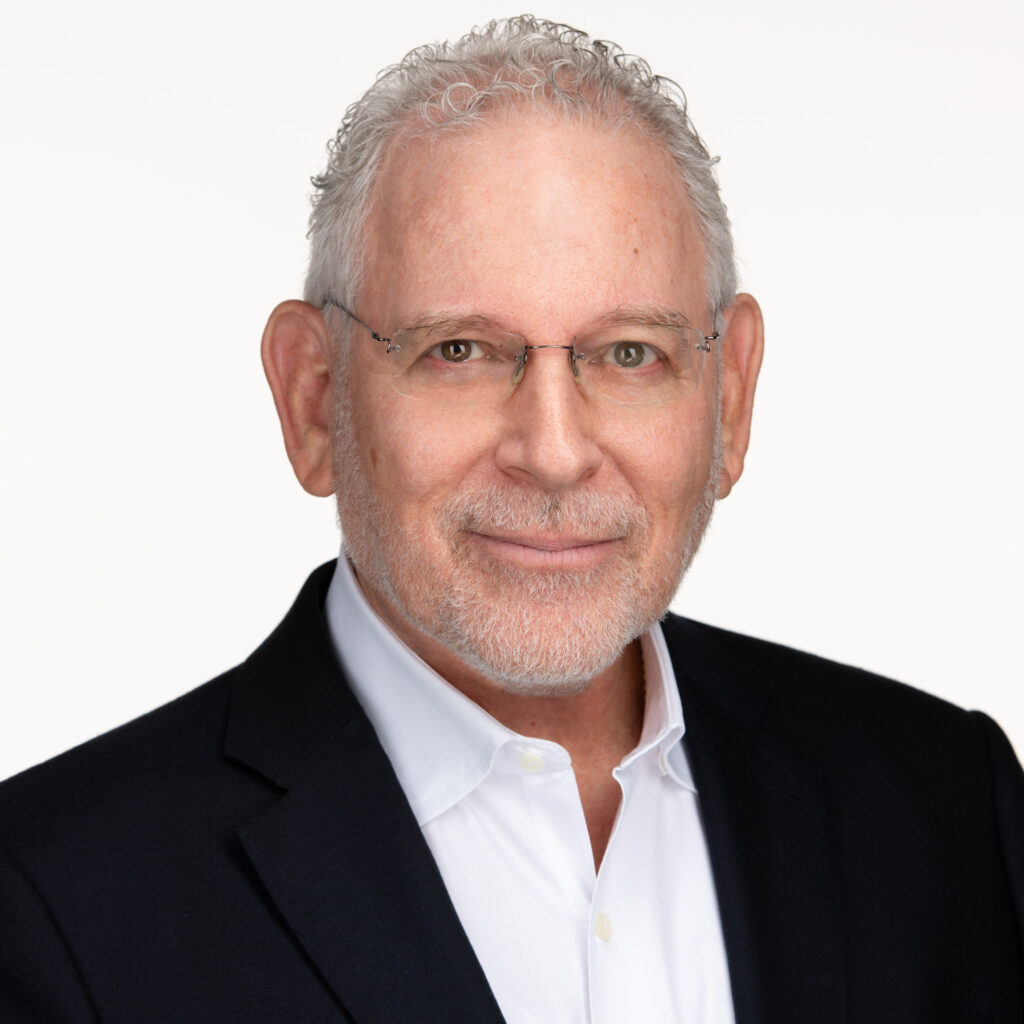
Bob Krasne (Chair)
Chair & CEO, Steinman Communications; Co-Chair, Steinman Foundation
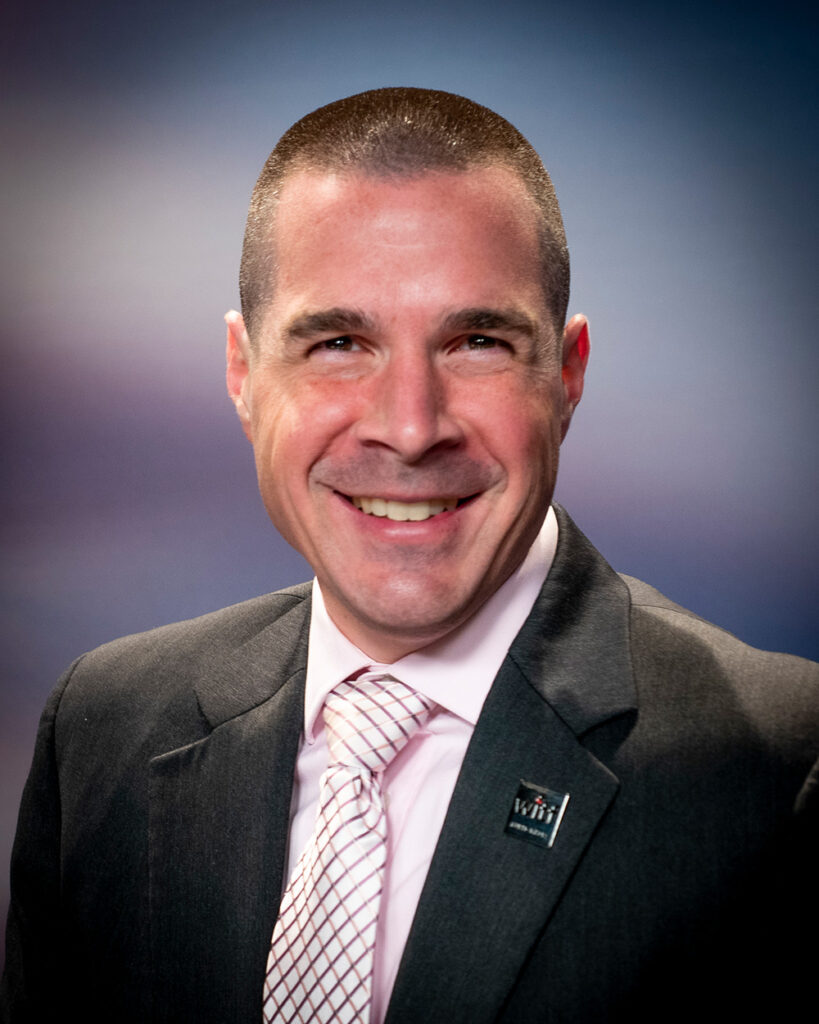
Ron Hetrick (Vice-Chair)
President & CEO, WITF
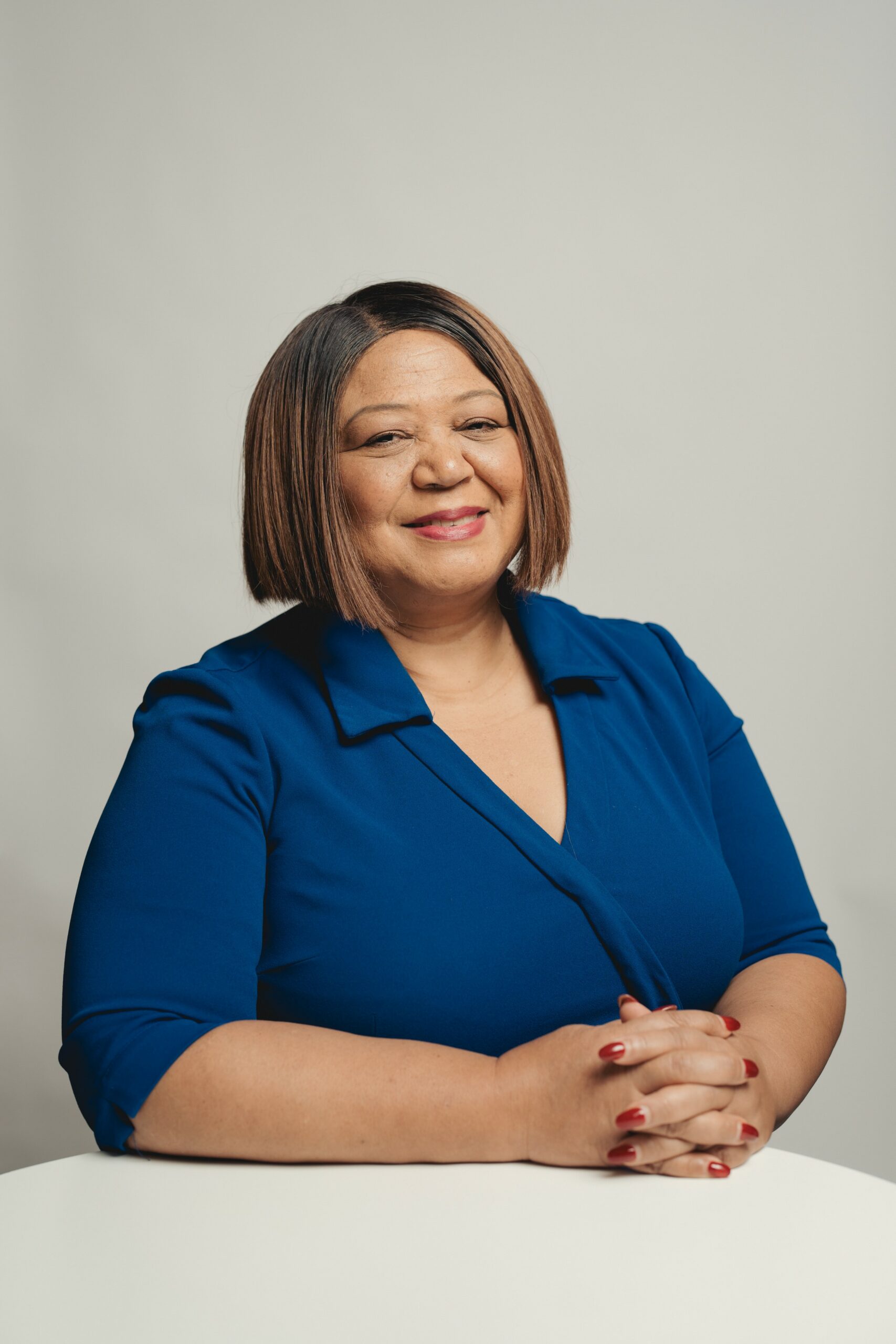
Sandra Clark
CEO, StoryCorps
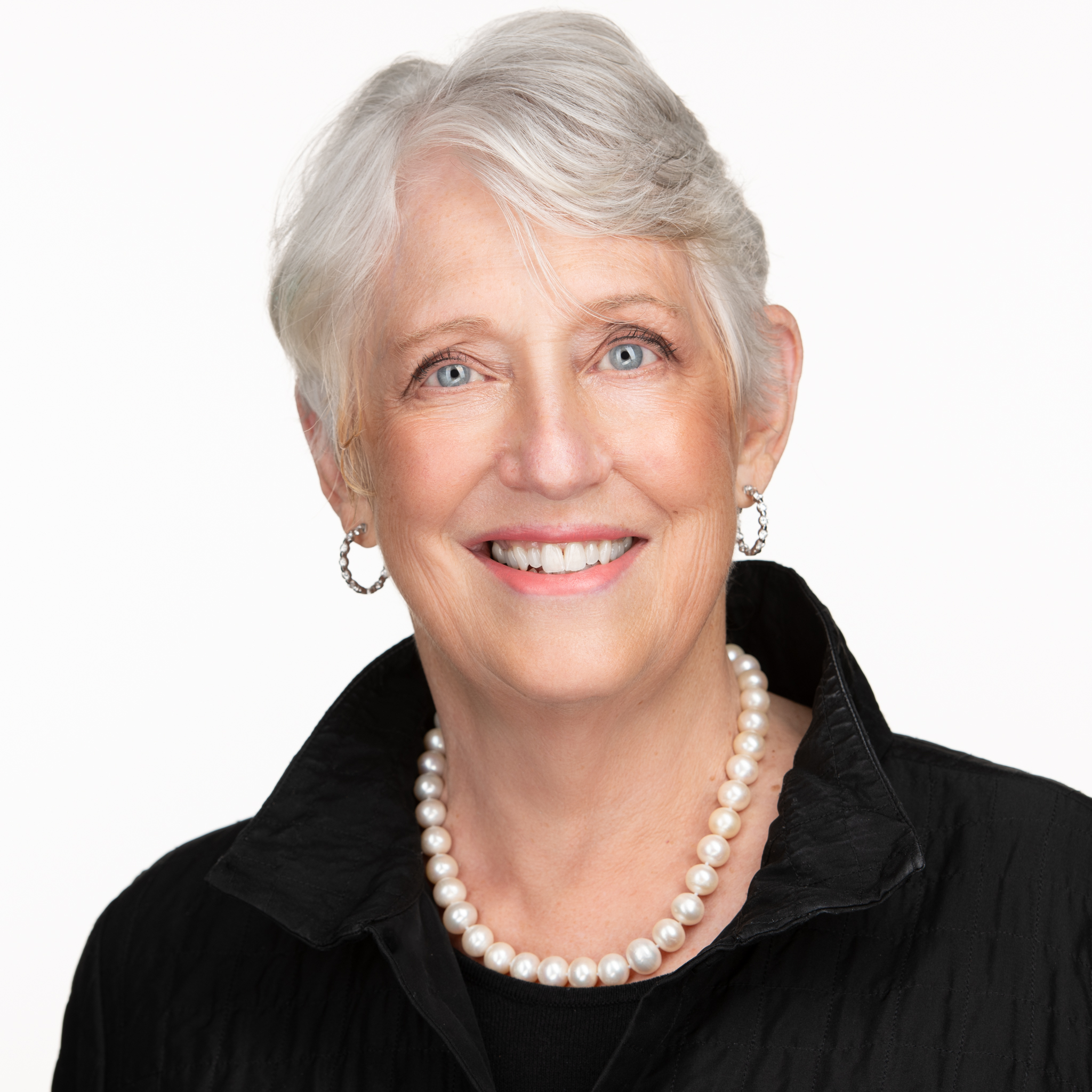
Susan Eckert
Principal, Eckert Group
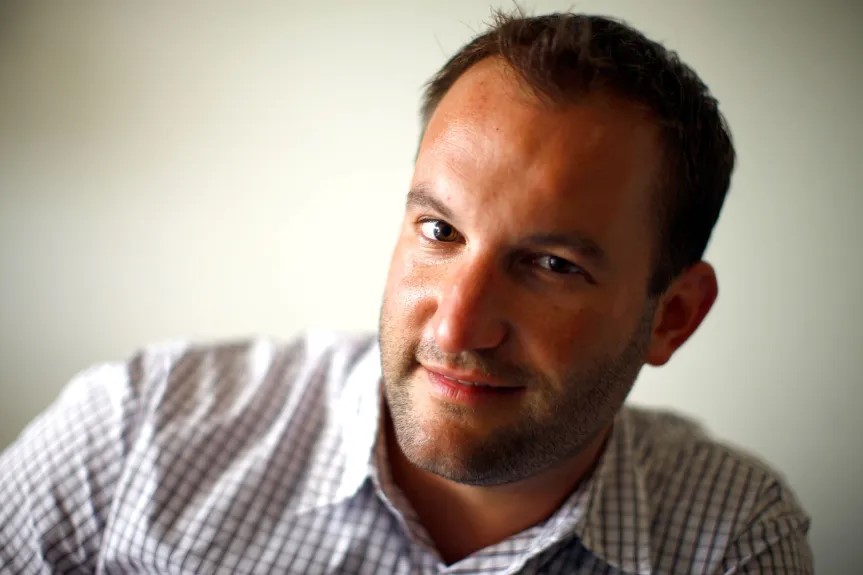
David Greene
Host, Left, Right & Center; Co-Founder, Fearless Media

Aron Pilhofer
Chief Product Officer at Star Tribune Media Company in Minneapolis, MN
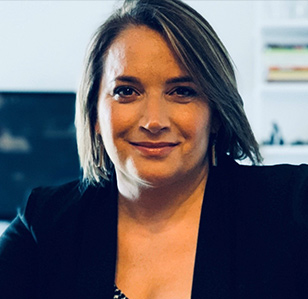
Margaret Talev
Kramer Director, Syracuse University Institute for Democracy, Journalism and Citizenship
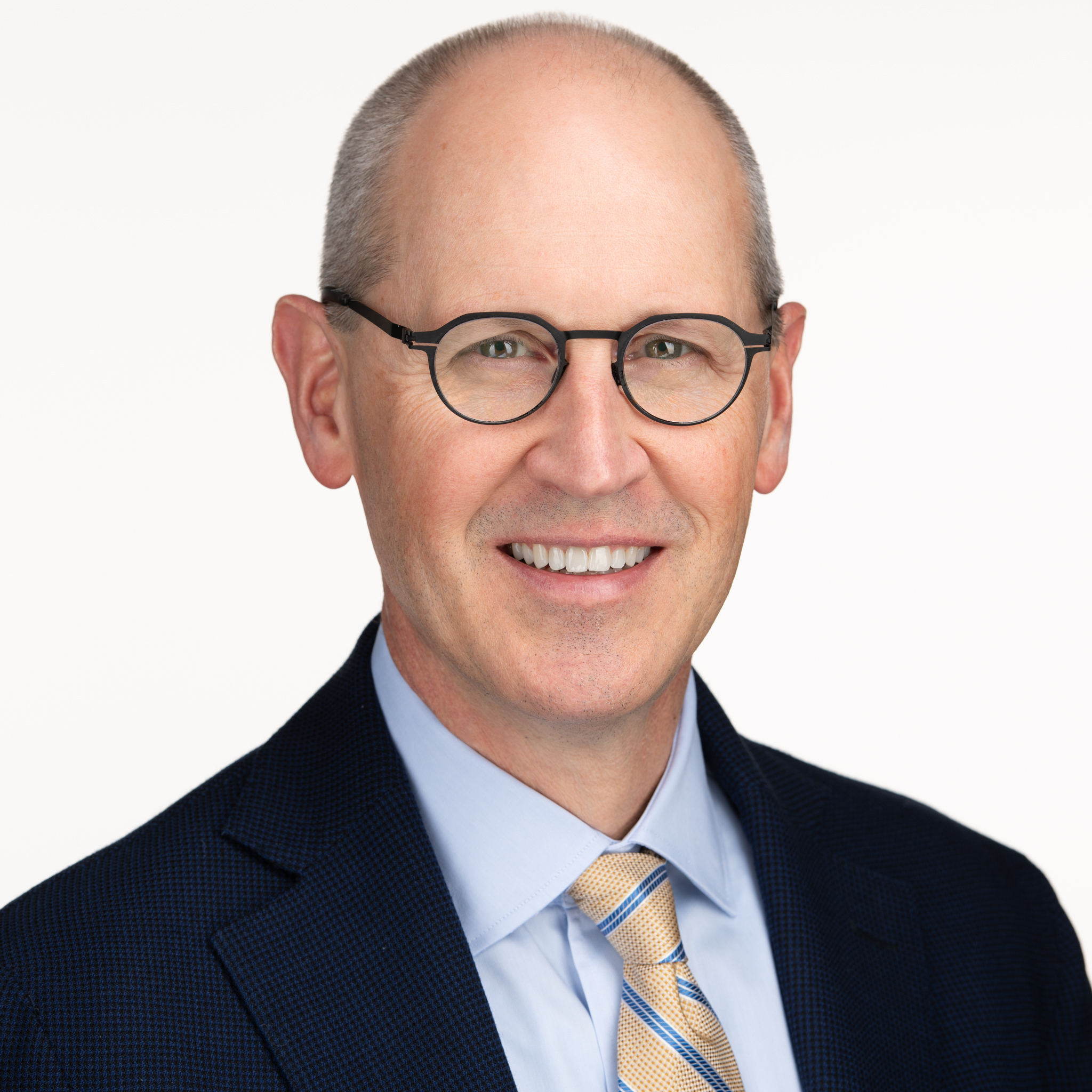
Shane Zimmerman
President, Steinman Communications; President, Steinman Foundation
Institute Team
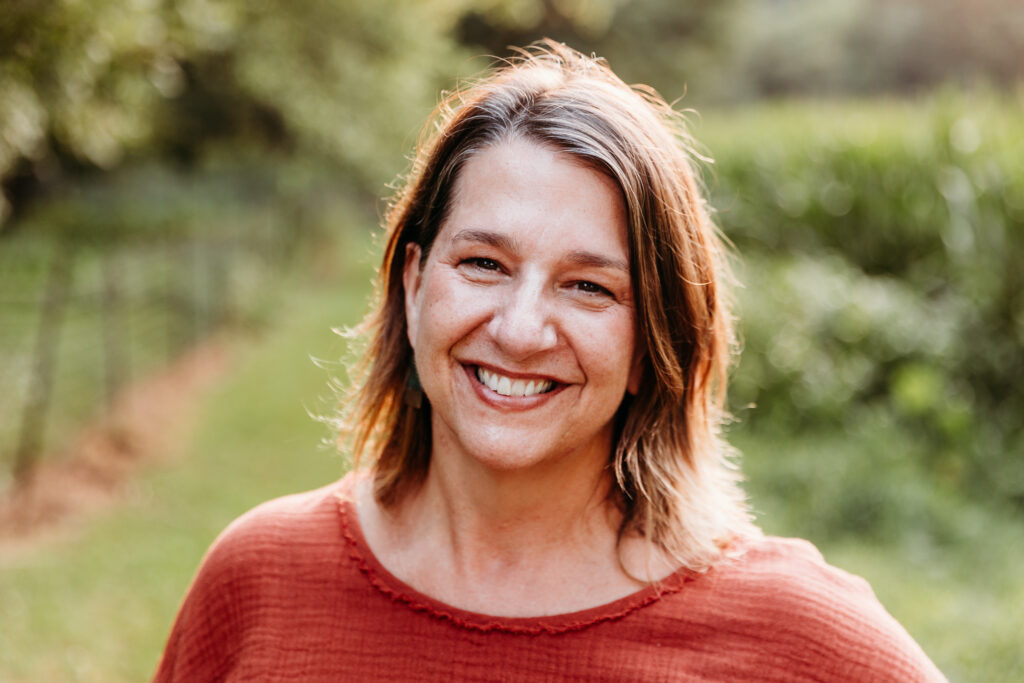
Jess King
Executive Director

Aaron Spangler
Director of Engagement
Stay in Touch
Stay in the loop with everything you need to know.

